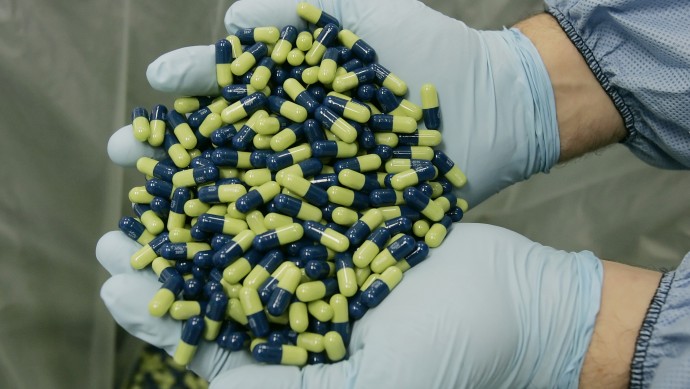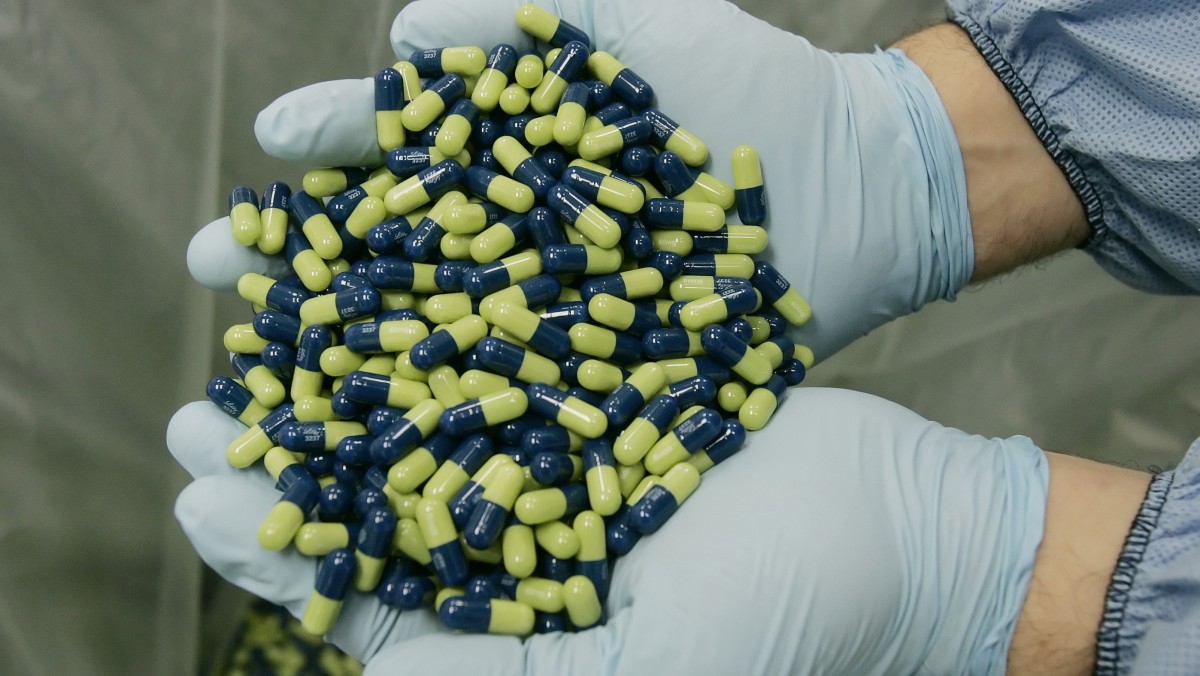
Consumers have been kept in the dark about a secret deal between brand-name pharmaceutical companies and their generic competition. Since 2005, some brand-name drug makers have paid their generic competitors to delay the introduction of cheaper drugs, extending their monopoly and forcing consumers to pay higher prices for life-saving medication.
Twenty different drugs are known to be affected by this “pay-for-delay” deal, some of which are medicines used by patients with serious or chronic conditions such as heart disease, cancer, bacterial infections and depression, according to a report published this month by Community Catalyst and U.S. Public Interest Group.
Brand-name drugs cost up to 33 times more than their counterparts, delivering drug makers $98 million in sales while the generic versions are held off. The agreements delay the admittance of the generic drug for 17 months on average. Over that time, it could cost an individual consumer an extra $4,500, a 2010 Federal Trade Commission study stated.
Each year, the FTC estimated the deals cost consumers and taxpayers $3.5 billion in higher drug costs in all.
Now U.S. Sens. Amy Klobuchar (D-Minn.) and Charles Grassley (R-Iowa) are seeking to ban such pay-for-delay agreements — unless the brand-name drug companies can prove in court that they aren’t violating antitrust laws — through the Preserve Access to Affordable Generics Act.
The Congressional Budget Office expects the legislation would make lower-priced generic drugs more accessible and generate more than $4.7 billion in savings for the federal treasury through 2021.
“It’s simply outrageous that consumers are forced to pay higher prices for critical drugs because of these backroom pay-off deals,” Klobuchar said in a press release.
A 5-3 Supreme Court ruling last month declared such patent-related settlement agreements can violate antitrust law, which intends to promote free competition in the market. Each settlement can be challenged in court, but the ruling said regulators had to win on a case-by-case basis since not all settlements violate the law.
According to the Community Catalyst and U.S. PIRG report, the brand-name drug Provigil, which is used to treat narcolepsy and multiple sclerosis-related fatigue, costs $1,213. After about six years of delay, the generic was introduced and sold for $520.
The brand-name drug Adderal XR, one of the most common prescriptions for attention deficit hyperactivity disorder, costs $238, but its generic counterpart is sold for only $102.
“While the Supreme Court decision was a step in the right direction,” Klobuchar said, “our bipartisan legislation is needed to put an end to these harmful pay-for-delay agreements once and for all.”


